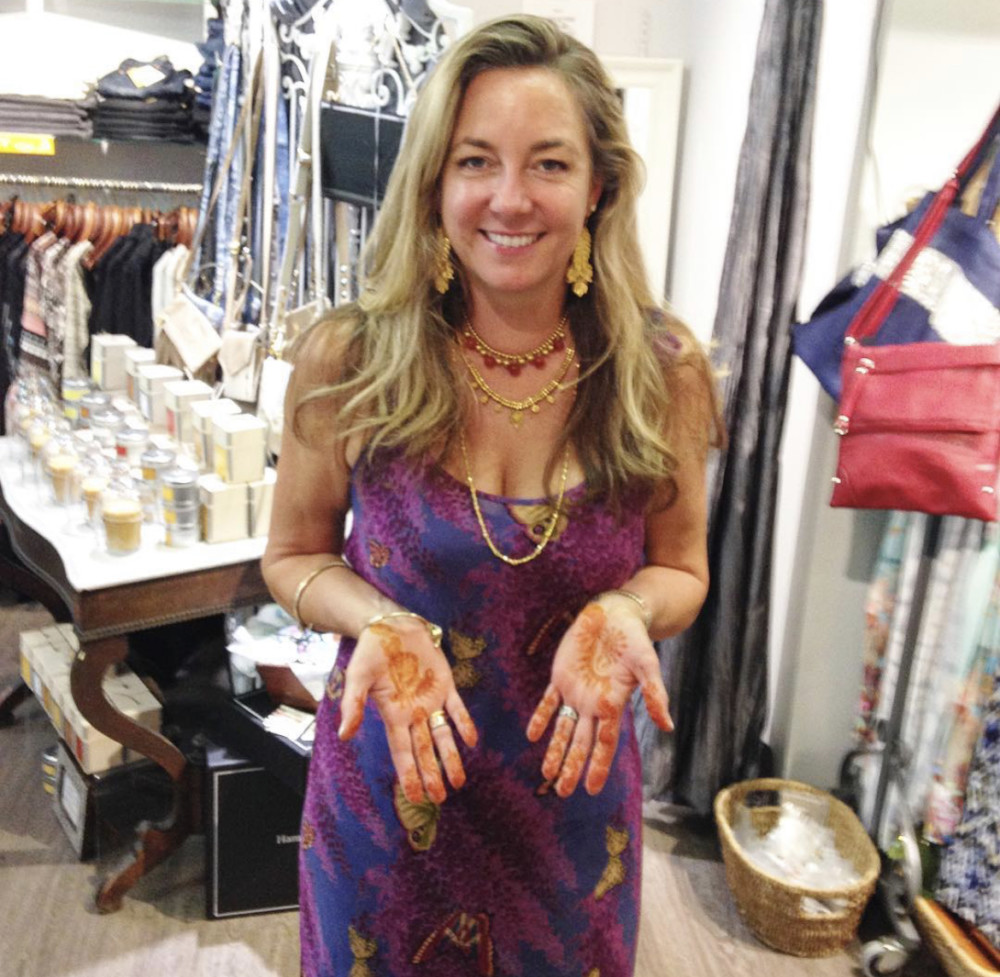By Michelle Sokol
The Elkhart Truth, Ind.
Early in her career as an executive with IBM, Donna Belusar remembers being told she could not attend an important meeting in Argentina because she was a young female.
And then she was told the same thing years later when negotiating a business deal with Japan.
But Belusar, now the chief executive officer of ADEC, was not offended — she understood it was a matter of respecting cultural differences, and that she would not have much decision-making power.
“It’s not negative,” she said. “You have to know your demographics and work with it and you can be incredibly successful.”
Within her own organizations, she has been entrusted with positions of prevalent power and leadership.
But she said it could be because she learned early that individuals have a significant say in how much they are held back by their gender or their appearance.
“The inequities are only there if you look for them,” Belusar said.
Belusar grew up with tremendous physical disabilities, but she was expected to be just as productive as everyone else while she was growing up in the small farming community of Posen, Mich.
Born with a predisposition for skeletal issues that show up during infancy and preteens, Belusar wore various leg contraptions to help her walk. She was treated for Blount’s disease that would progressively lead to severe bowlegs and deformities in leg and spinal structures.
She remembered dragging herself around as a child rather than running, but she still got where she needed to be.
Eventually, she was diagnosed with idiopathic scoliosis, which had caused significant issues with her gait and breathing. Her case was instrumental in making scoliosis checks mandatory in Michigan schools.
Belusar underwent several surgeries to implant rods and other appliances to strengthen and straighten her body, and her classmates and teachers adjusted desks so she could attend class.
“I clearly looked different, could not do all the physical, but never once was I treated as such,” she said. “I was motivated and encouraged to excel academically, and I did. I was expected to do all kinds of farm work, and I did.”
Her determination did not stop after high school, where she graduated as valedictorian. It didn’t slow as she pursued her undergraduate degree from Michigan Technological University or her MBA in finance from Binghamton University in New York.
“I never consider myself a victim,” she said. “Most people, they will have something in their background, but you have to be able to shake it off and re-calibrate and take the next step.”
Although she was never judged by her family or people close to her, she grew a keen awareness that people will automatically form a judgement based on appearance.
“Growing up, I was very fortunate that I was always recognized for my skills and not by my physical appearance,” she said. “But it’s just amazing, the subtleties you can see in how people can treat each other for the way they look.”
Modern medicine was eventually able to fix Belusar’s disabilities — she had two major spine surgeries, which left her like “a stiff marshmallow girl” in a body cast for 11 months — but she said she realized not everyone has that option.
That’s why she eventually left her high-power career with IBM, where she managed organizations of more than 3,000 people and negotiated multi-million international business deals. She knew she wanted to help others with disabilities through nonprofit work.
Belusar was being groomed to become the chief financial officer, but she intentionally left IBM when she still had passion and energy. She said she realized she could not keep waiting until tomorrow to make a difference.
“I thought, I’m going to step out while I’m highly regarded and truly successful,” she said. “I need the energy to help transform and really make a difference.”
She found her calling with ADEC, the Bristol-based organization that advocates for individuals with disabilities and help them attain an independent lifestyle.
Although she had no background in social work and was trained as a business leader, her passion for the mission outweighed that.
When Belusar looks back on her success, she realizes that it came in part because of her disabilities — not because she was given a free pass, but because she was so driven to overcome them.
“The individuals we serve here, we get beyond the boundary of physical and cognitive disability and leverage their full potential,” she said. “We have extraordinary untapped potential here. That’s all I ever asked, is treat me equally and let me leverage my full potential.”

















































































































































































































































































































































































